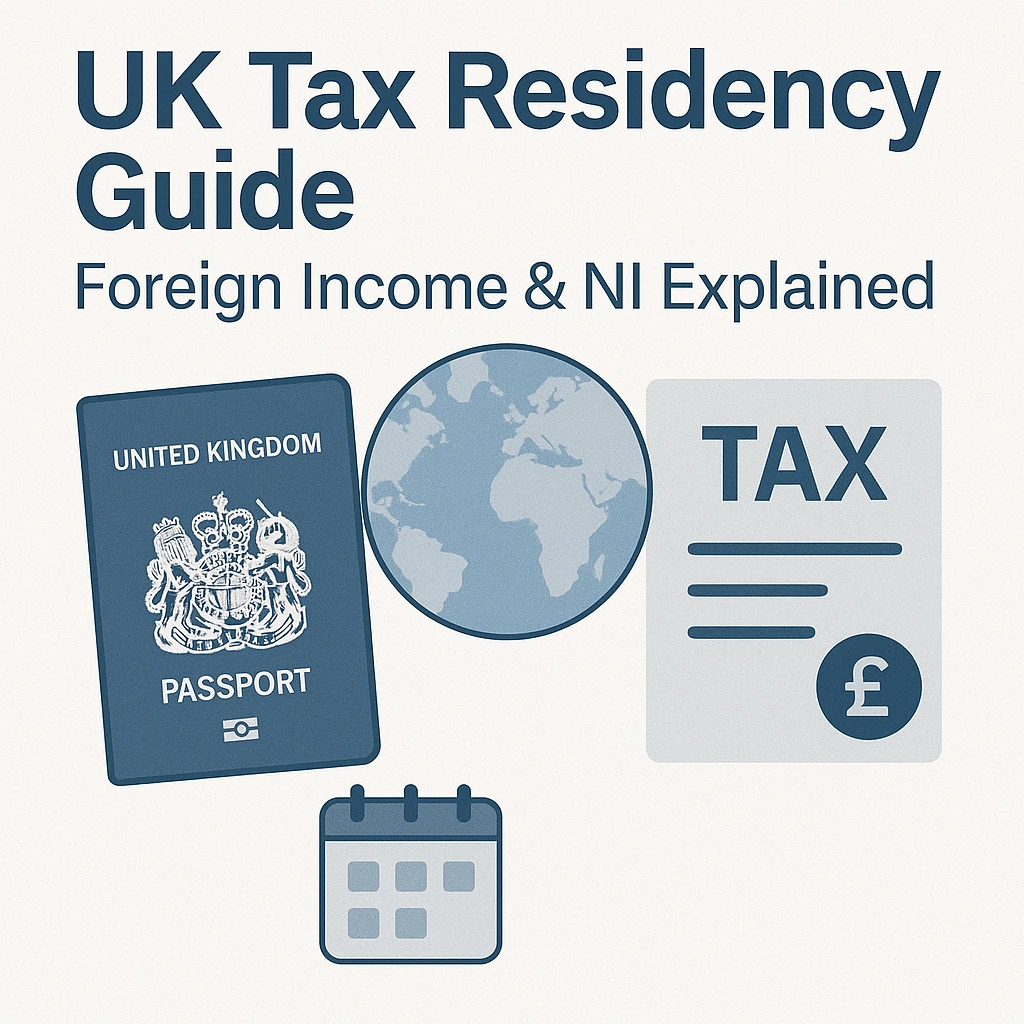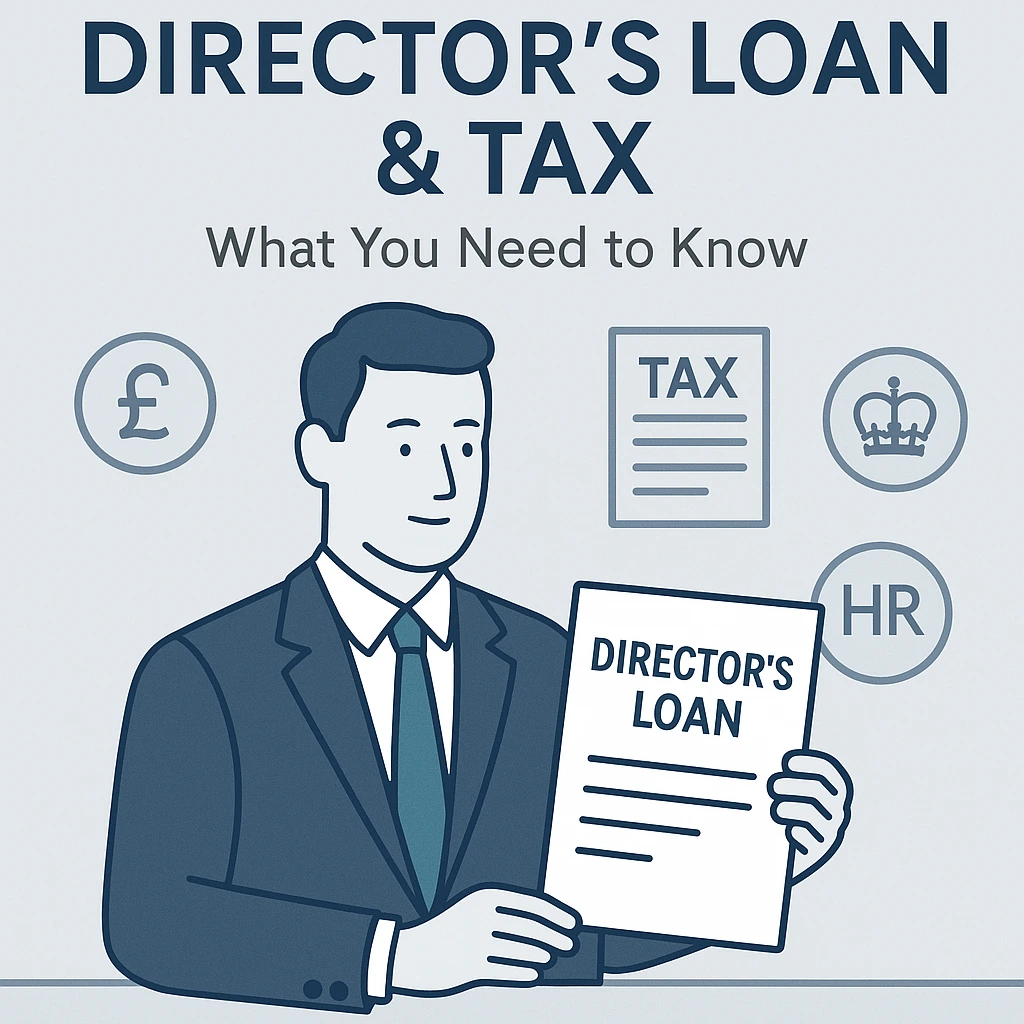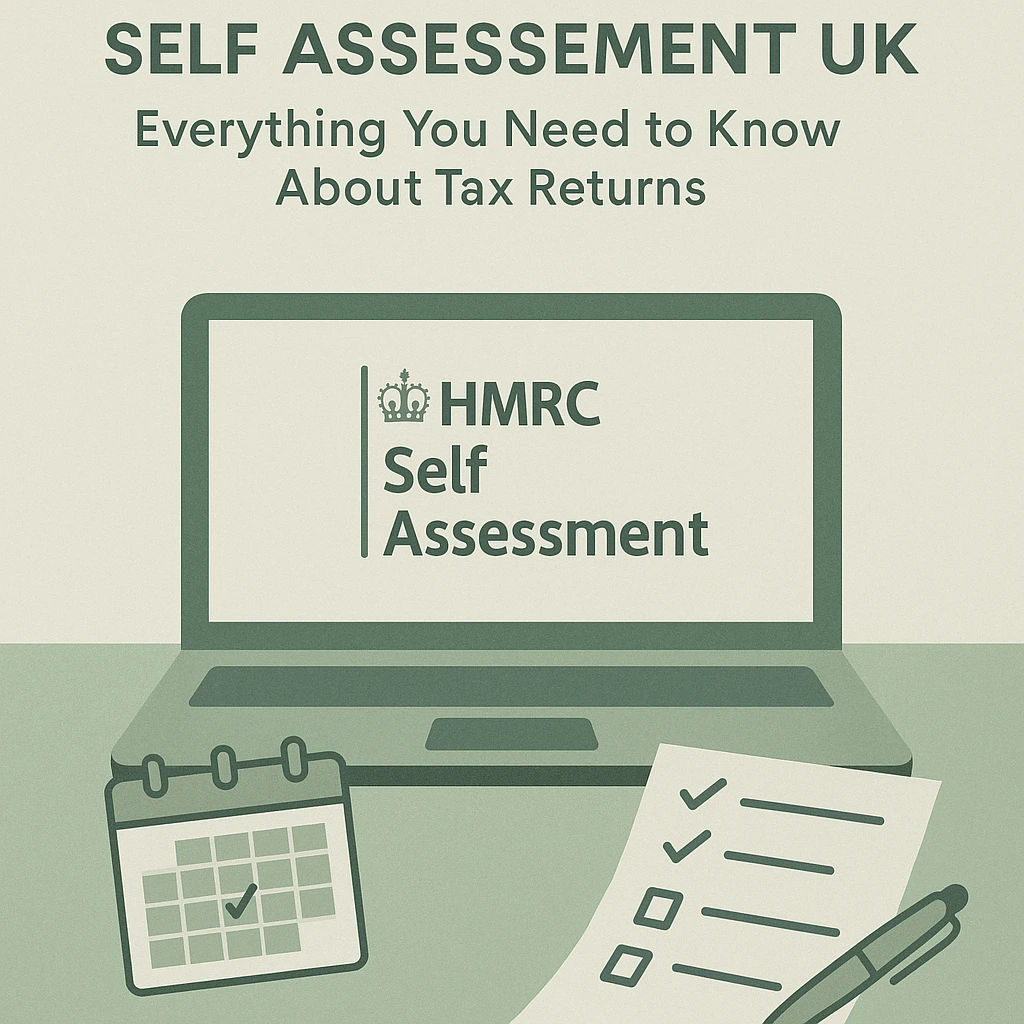
UK Tax Residency Guide: Foreign Income & Tax Rules Explained
Understand how UK residency status affects your tax on foreign income. Learn the key rules, residency tests, and National Insurance implications.
UK Residency and Tax: Vital Information for Foreign Income
In any country, including the UK, the taxation of individuals starts with establishing their residency status.
This is because each country has its own regulations and criteria.
UK residence status affects whether you need to pay tax in the UK on your foreign income. Non-residents only pay tax on their UK income, while residents typically pay UK tax on all their income, whether it is from the UK or abroad.
Determining Residency Status
Your residency status in the UK usually depends on how many days you spend in the UK in the tax year. (6 April to 5 April the following year). Non-Resident Consideration begins after having spent fewer than 16 days in the UK. (or 46 days if you have not been a UK resident in the previous three tax years) or if you work abroad full-time and spent fewer than 91 days in the UK, with no more than 30 of those days spent working.
Conversely, you are automatically considered a resident if you spent 183 or more days in the UK in the tax year, or if your only home was in the UK for at least 91 days and you spent at least 30 days there in the tax year.
Sufficient Ties Test
If you do not meet the criteria of the automatic tests, you must then consider the sufficient ties test.
Factors include:
- having family ties in the UK
- available accommodation for 91 or more consecutive days
- working in the UK for 40 days or more
- spending more than 90 days in the UK in one of the previous two tax years
- spending more nights in the UK than any other country.
The more ties you have, the fewer days you can spend in the UK before being considered a resident.
Domicile and Taxation
Domicile is a complex legal concept that generally refers to the country of your or your father’s birth, and it can affect your tax status. Even if you become a UK resident, you may retain your domicile of origin.
Taxpayers are considered UK-domiciled if they have been residents for 15 out of the last 20 years or have had a permanent home in the UK for the previous three years. Non-domiciled residents may benefit from the remittance basis, paying UK taxes only on income and gains remitted to the UK.
Immigration Status vs. Tax Residency
It’s important to note that your immigration status and tax residency are not directly related. Immigration status refers to your rights to enter, live, and work in the UK, depending on your visa or nationality.
Tax residency position is considered independently, regardless of immigration status. This is particularly when arriving in the country on any type of visa. Properly understanding and establishing your residency and domicile status is crucial for ensuring compliance with UK tax laws and optimising your tax obligations.
About Golden Tree Consulting
AAT Licensed | ACCA Affiliated
Golden Tree Accounting & Business Consulting provides expert tax, bookkeeping, and advisory services to sole traders and SMEs across Croydon, London, Surrey, and Kent. With multilingual support and decades of combined experience, we help businesses stay compliant and grow.
More Articles You Might Like
Continue exploring our financial insights

Director’s Loans Explained: Tax Rules & HMRC Compliance Guide
Understand the tax implications of director’s or beneficial loans, including Corporation Tax, Class 1A NI, and Income Tax. Stay compliant with HMRC rules.

Self Assessment Tax Returns UK: What You Need to Know
Learn who needs to file a Self Assessment tax return in the UK, important deadlines to remember, and top tips for accurate tax reporting.

Director’s Loans & Tax: What Directors and Shareholders Must Know
Learn how director’s loans are taxed, how to manage a director’s loan account, and the responsibilities directors and shareholders face under HMRC rules.
